Fun in the Field
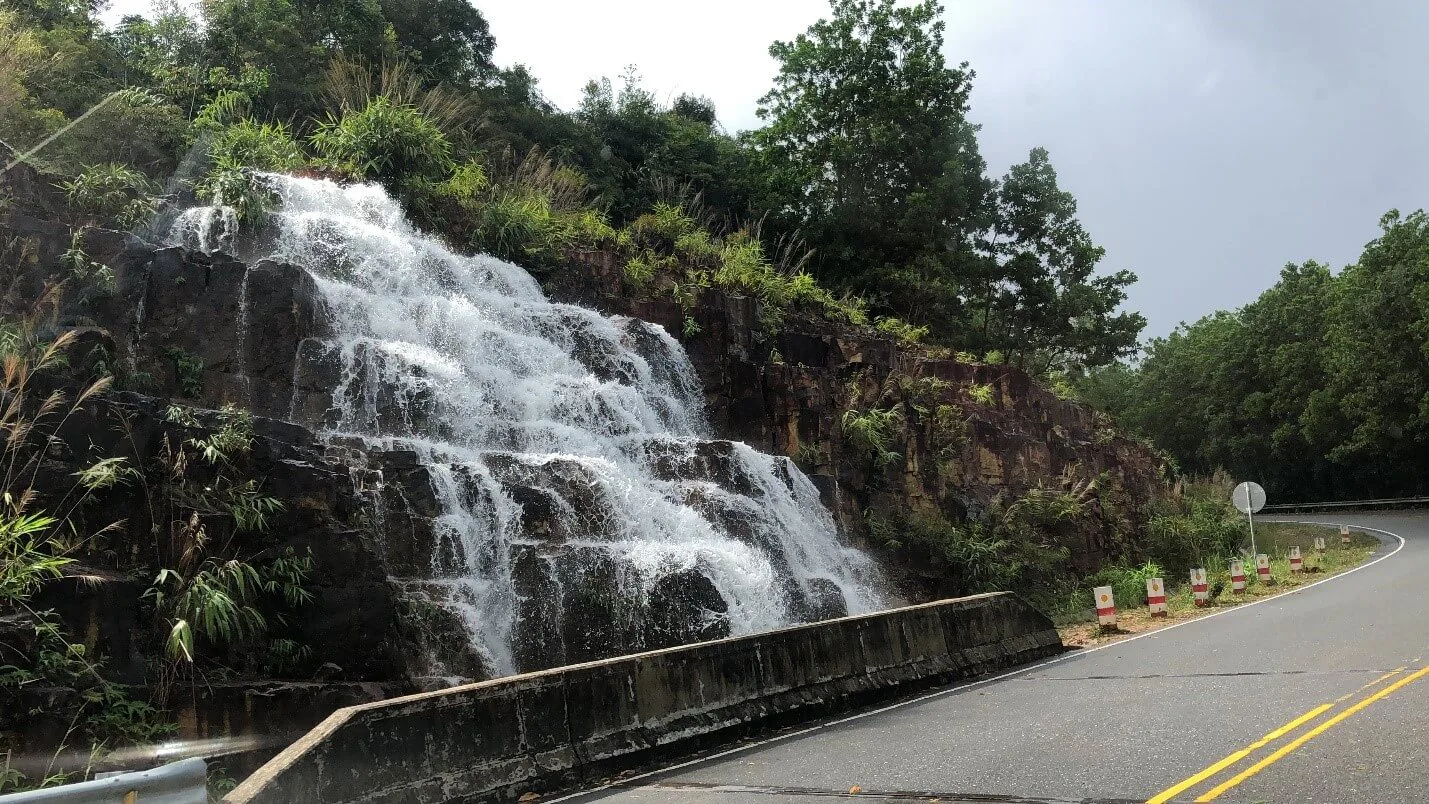
A cornerstone of The School for Field Studies’ Cambodia program is its field-based experiential learning that not only enhances students’ learning through hands-on experiences but also allows them to have so much fun while in the field, which in turn makes every single academic field trip both enjoyable and productive. It also allows the students to appreciate the nature and its interconnectedness with human beings. This was evident in one of the recent field trips to the Preah Monivong National Park, commonly known as Bokor National Park, in south of Cambodia, where the students were visiting a national park to witness the development project that is currently taking place on a mountain within the park.
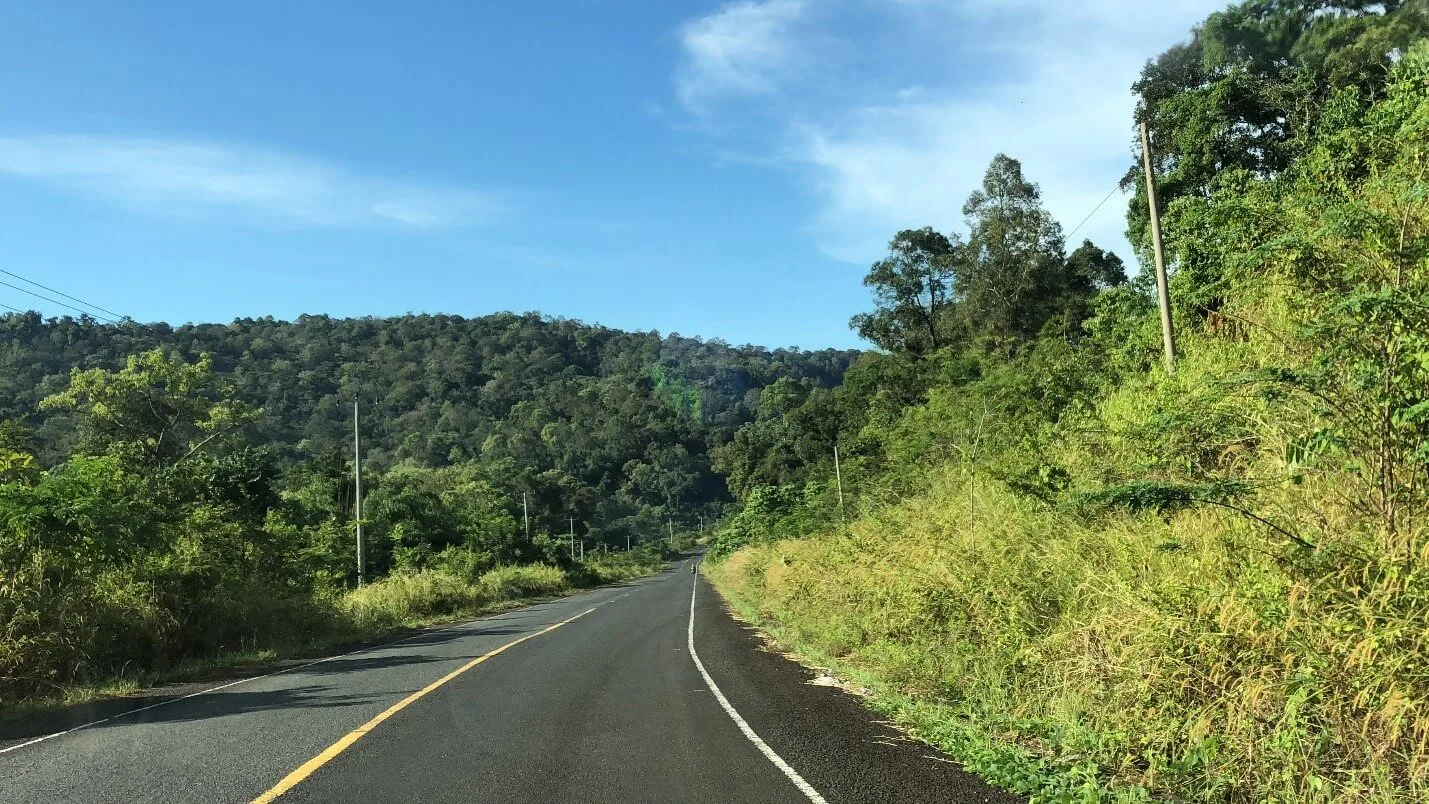
Prior to the trip, the students attended a lecture where they analyzed and examined the project development plan as well as its potential impacts on the environment, wildlife, local communities, and future generations. The discussion drew upon key environmental justice principles including free, prior, and informed consent; human rights; access to information, participation in decision making and access to justice; and intergenerational equity. The students were asked to critically analyze and think whether the development within a national park of Cambodia is sustainable, and whether it contributes to conservation efforts, which is in the best interest of the environment. By doing so, the students were well prepared for the actual field trip.
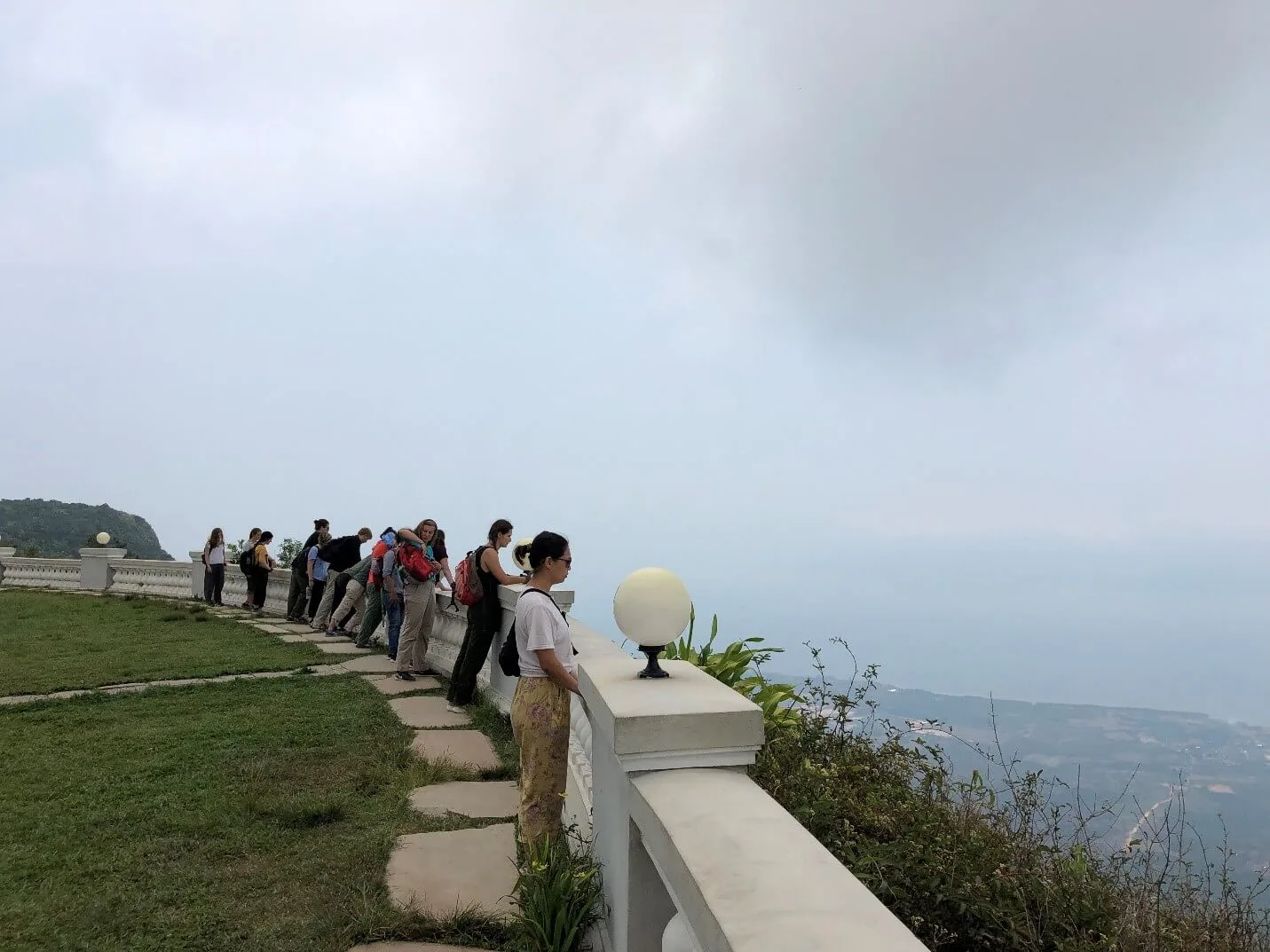
On the actual journey, the students were guided by the lecturer to visit the development site where construction has been completed and proposed sites where construction is still going on or about to commence. Having received the prompts before the trip started, the students actively worked in small teams and discussed issues they identified based on the environmental justice principles they had learned from class earlier. This kind of activity enables the students to better relate the application of the principles to the real situations and to have more respect for environment and its important roles in sustaining lives on earth. Finally, they came up with some useful recommendations that could be provided to the authorities regarding that development project.
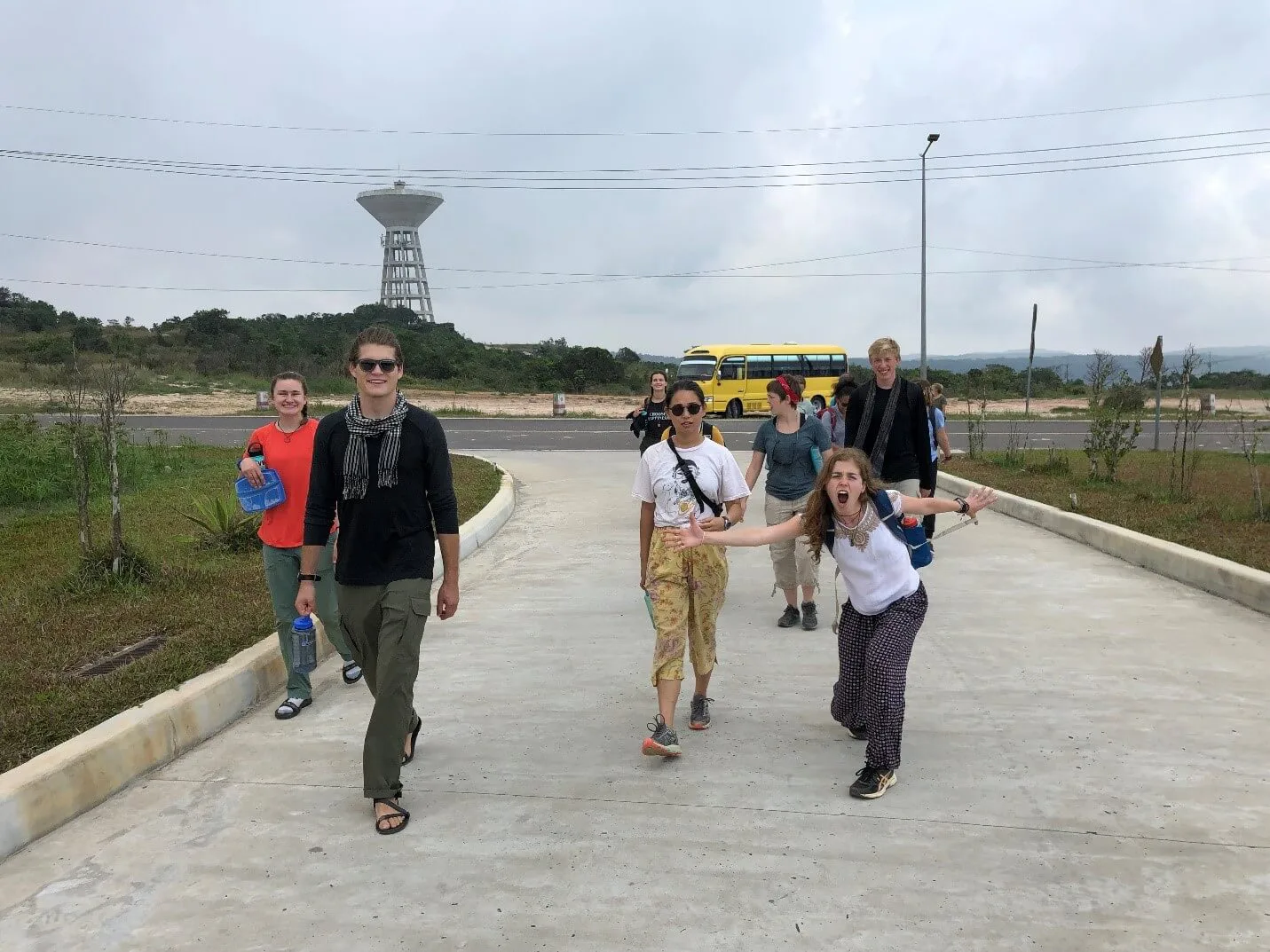
In short, not only does the field-based learning model create a productive learning environment, but it also offers the students a lot of fun time and enthusiasm to actively engage in academic field journeys.
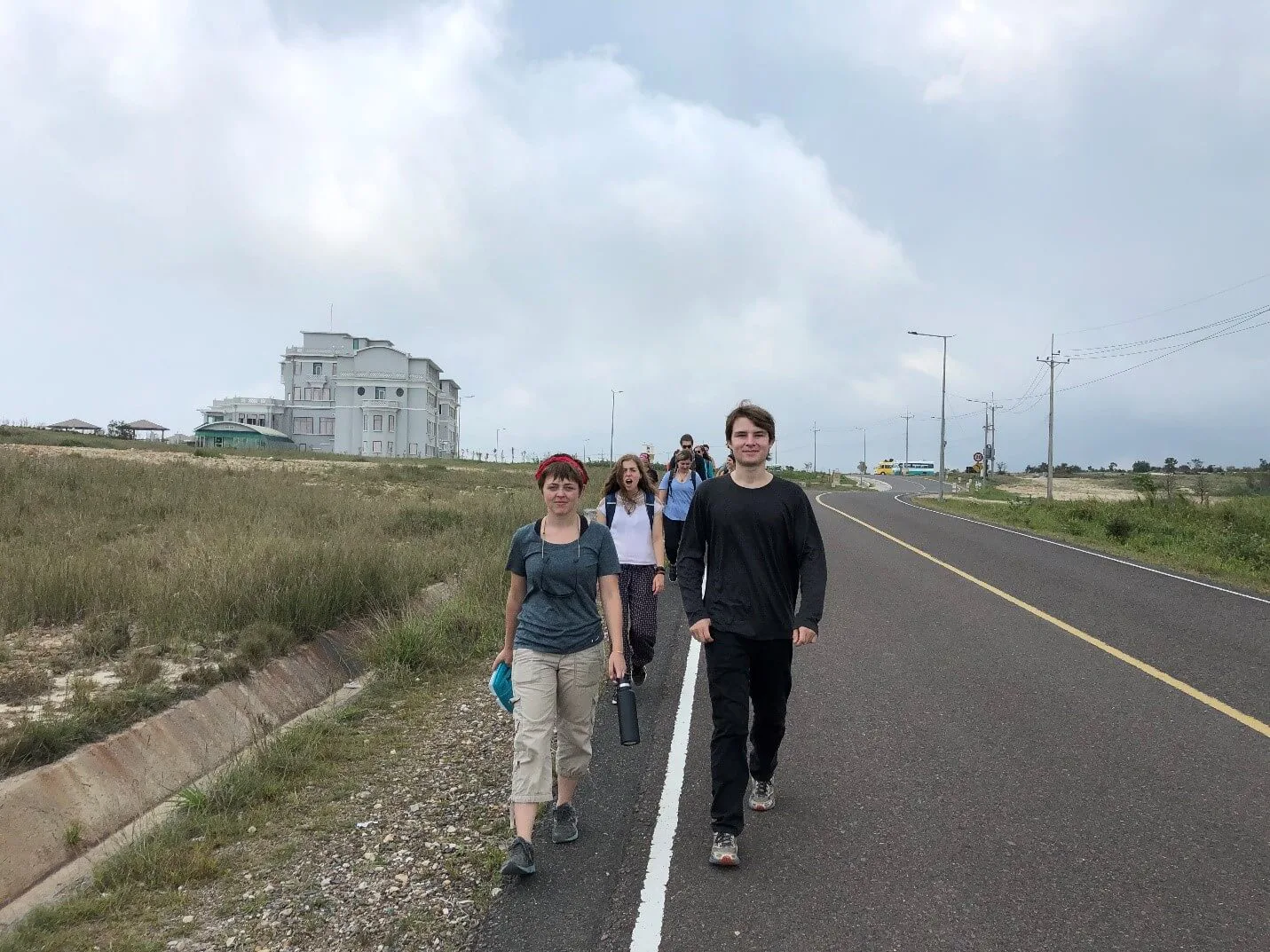
Related Posts
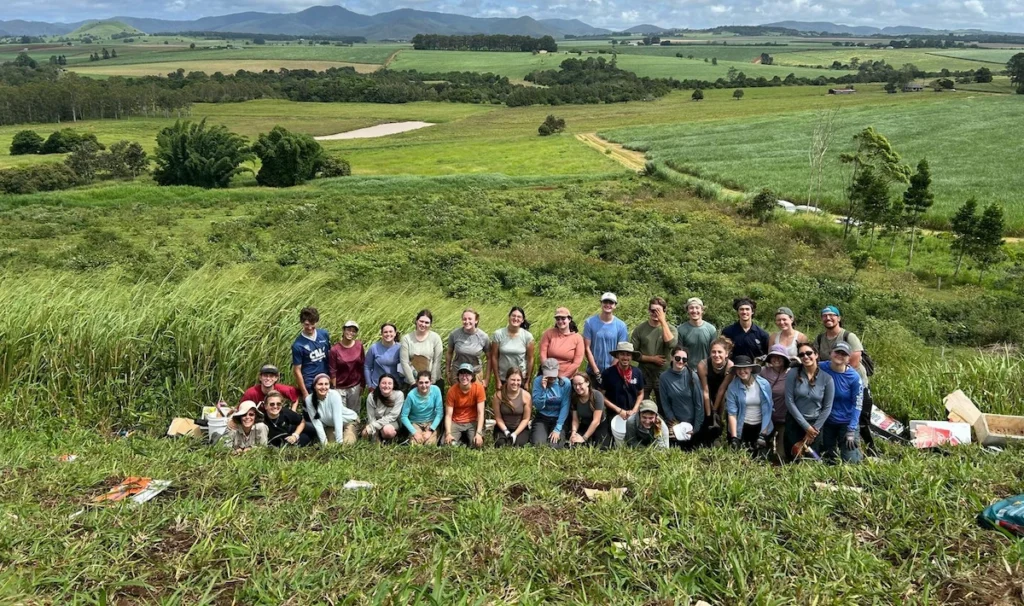
Cinder Cone Chronicles: Lessons from Drought, Data, and Determination

